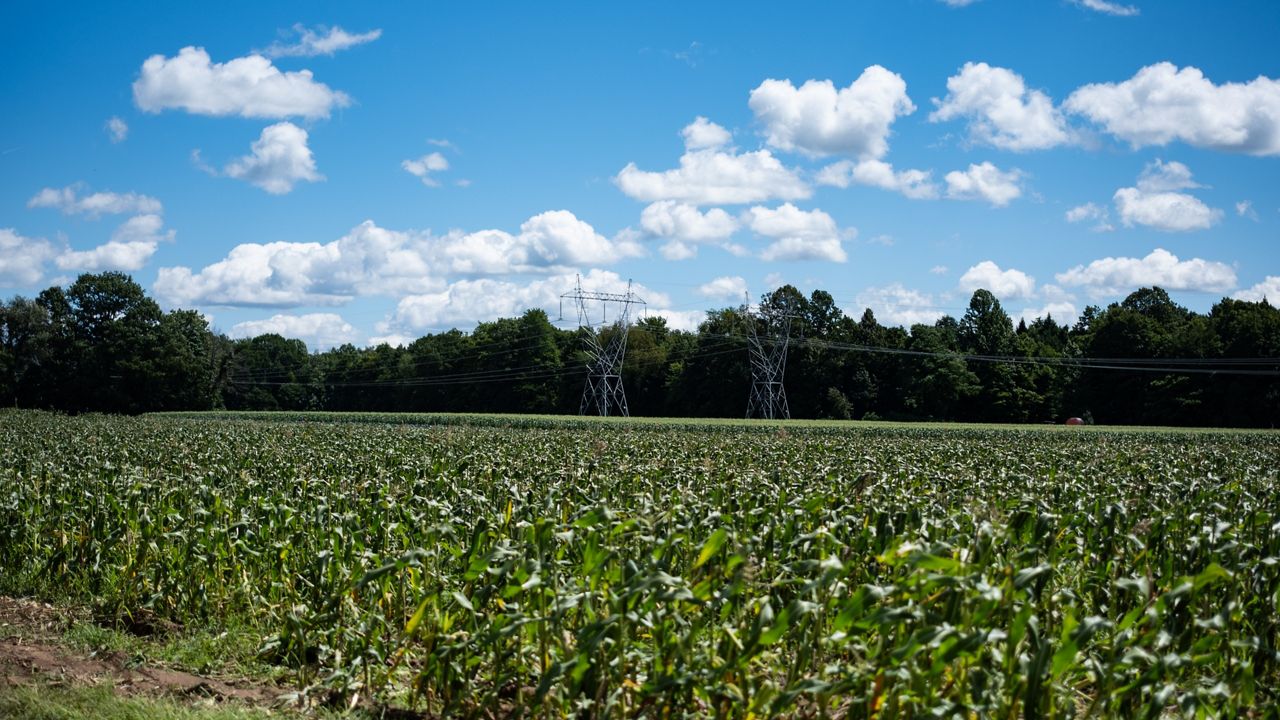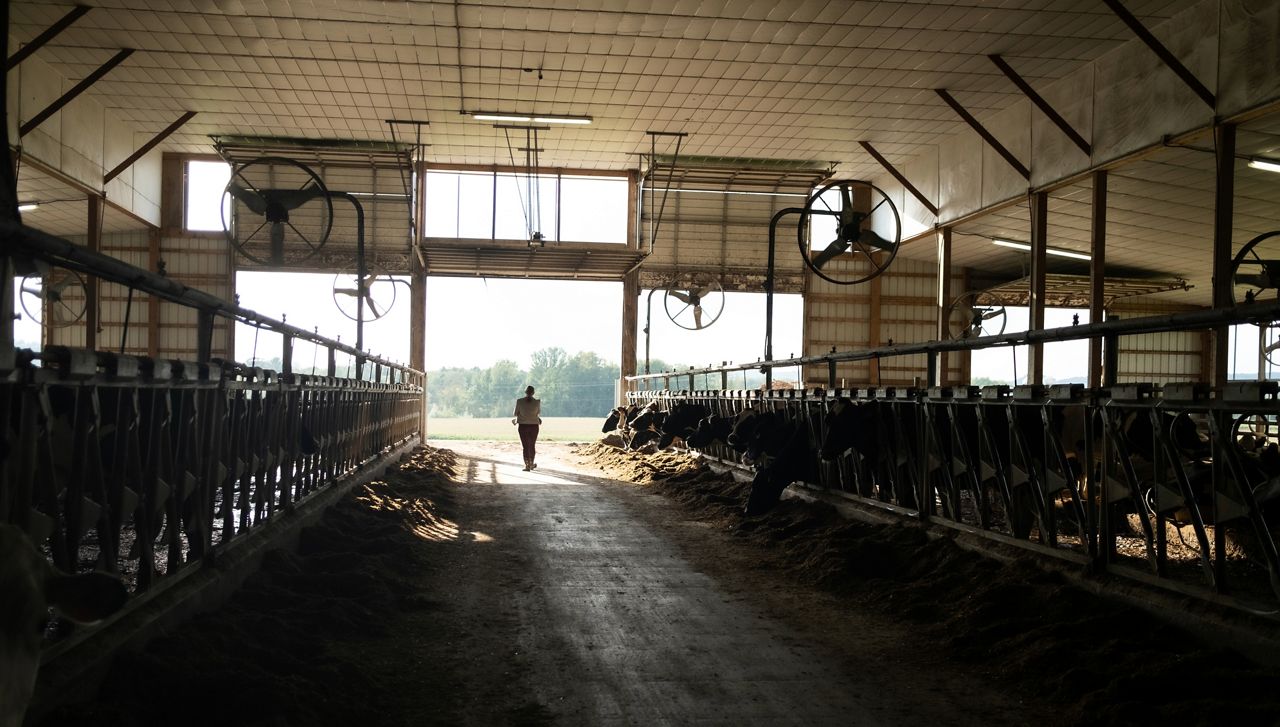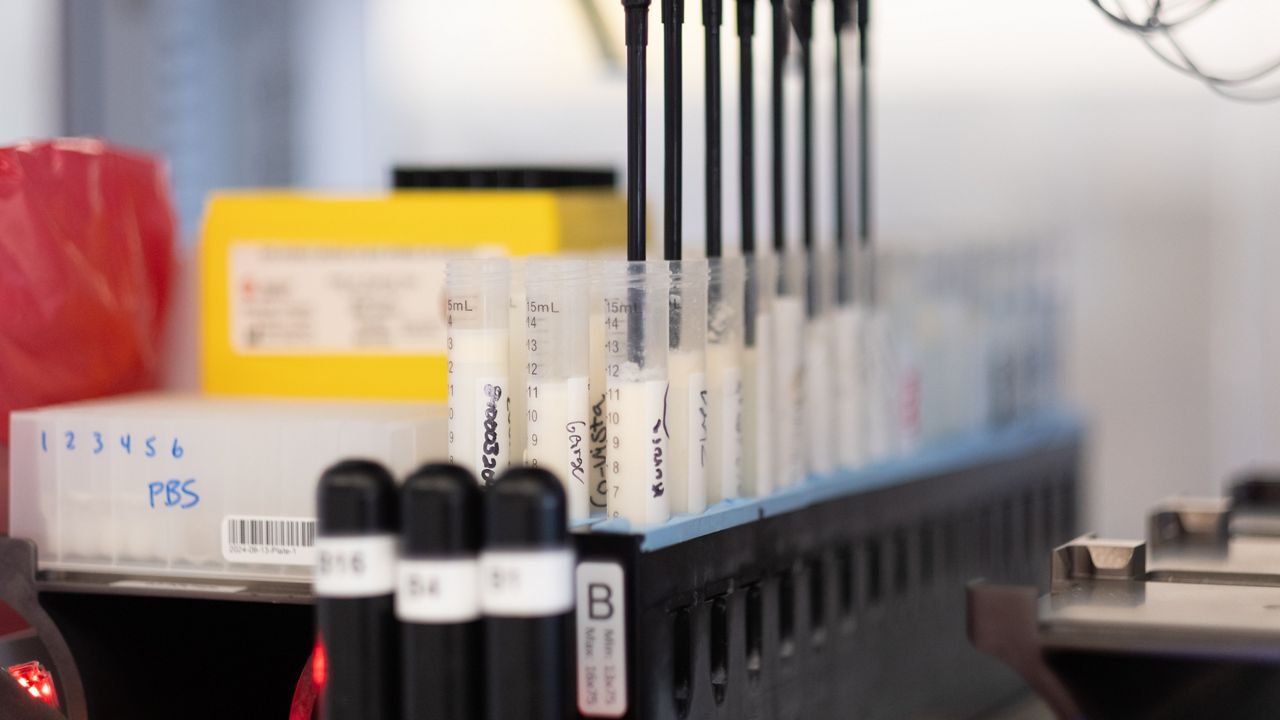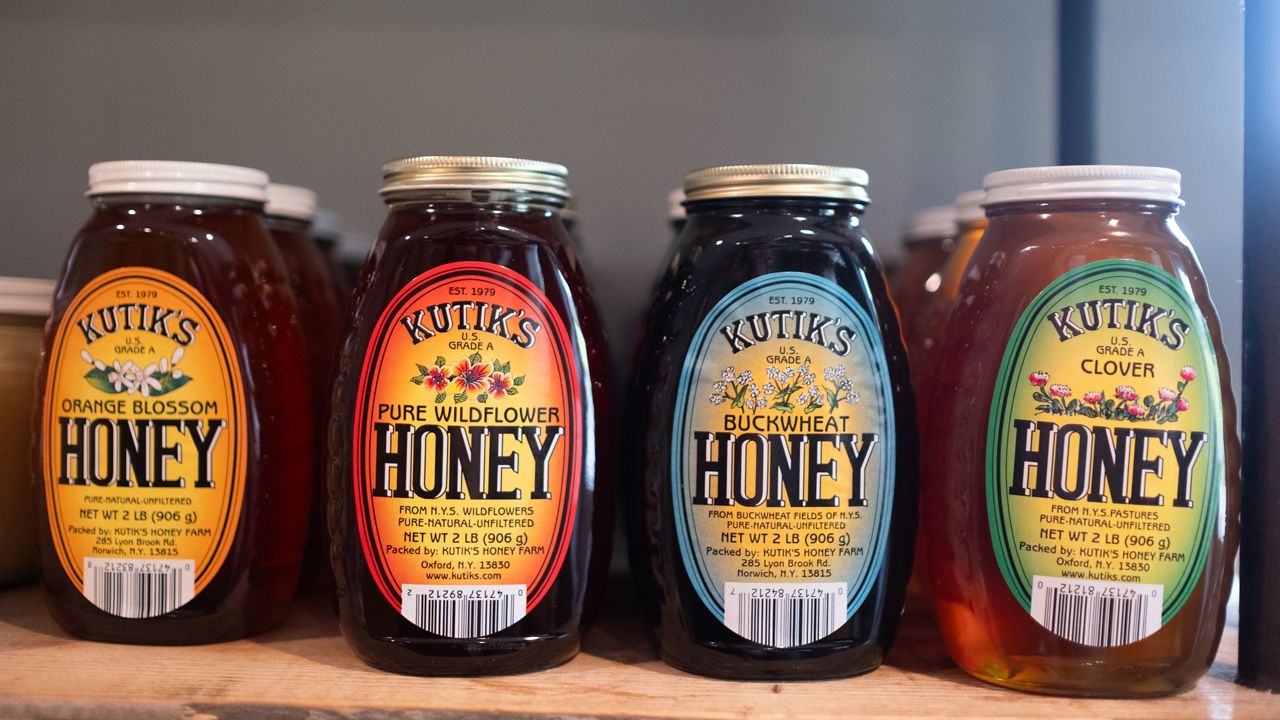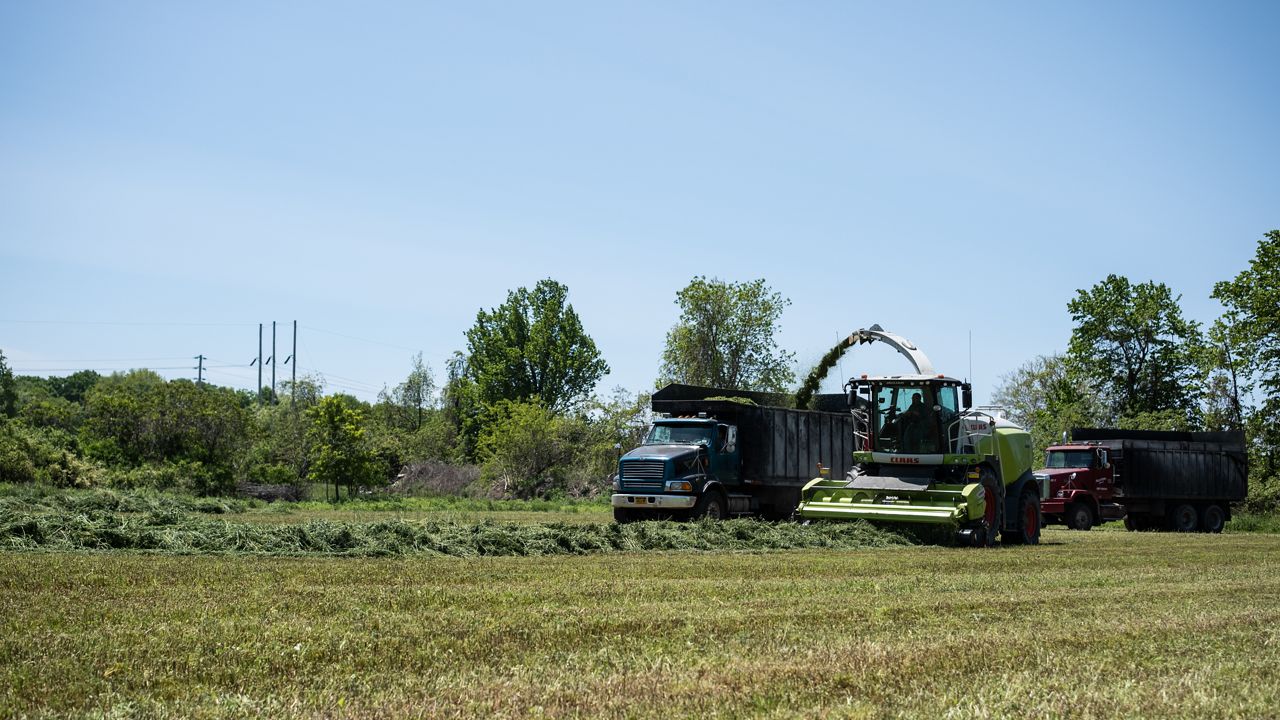A Central New York farmer is hoping innovation comes to the agriculture industry over the next five years before a widely used pesticide becomes illegal to use in New York.
Gov. Kathy Hochul signed the long-debated Birds and Bees Protection Act in December, banning the use of neonicotinoid-treated corn, soybeans and wheat seeds, ornamental plants and turf in New York with considerations for agricultural use.
“This law underscores our commitment to fostering a thriving ecosystem while we prioritize sustainable farming and agricultural practices,” Hochul said in a press release.
Neonicotinoid pesticides are one of the most common pesticides used on farms but negatively interact with the nervous systems of bees and other pollinators. According to a report from the Environmental Protection Agency, neonicotinoids put 200 endangered species at risk.
But seeds treated with neonicotinoid pesticides protect them from being eaten by pests in the ground so without that protection, the seeds won’t grow, said Karin Reeves, a vegetable farmer in Onondaga County.
“It’s not like the corn grows and the ears look a little weird; you end up with not as many plants as you should have so automatically, your yield is going to be impacted,” Reeves said.
Amendments to the bill pushed back its implementation from Jan. 1, 2027, to Jan. 1, 2029, and will allow farmers to apply for a waiver to use the seed treatments under consideration by state officials.
“The commissioner for the DEC in consultation with the commissioner of Agriculture and Markets, will design a regulatory process to allow farmers to access a waiver in case there is a significant pest pressure, they will be able to continue to use neonicotinoid seed treatments,” said Jeff Williams, policy director for the New York Farm Bureau.
“Everyone wants to protect the birds and the bees, but once you dig into the details of the actual legislation, it creates unintended consequences and the unintended consequence of this bill, would negatively impact farmers and their ability to produce crops in New York,” Williams said.
The bill was sponsored by Democratic state Sen. Brad Hoylman-Sigal from Manhattan and Assemblymember Deborah Glick, a Democrat from New York City, with changes that cater to the needs for farmers. It was supported by various environmental groups, such as the Natural Resource Defense Council.
“Gov. Hochul and the legislature have taken a critical step forward in protecting New York’s food systems, ecosystems, and public health by signing this first-in-the-nation bill,” said Dan Raichel, acting director of the pollinator initiative for the NRDC.
On Reeves’ 300-acre farm in Baldwinsville, she grows sweet corn that is typically treated with neonicotinoids pesticides.
“Most in the agricultural industry were hoping for a veto, but I don’t think realistically we thought that was going to happen so some chapter amendments that help soften things a little bit and give us some time to figure out how to come up with some alternatives is probably the best we could have hoped for,” Reeves said.
While Reeves supports taking extra precautions for the environment, New York has taken the position that they want to be the leader of the nation and be the first to implement some of these ideas, which can be challenging, she said.
“It just puts us at a competitive disadvantage. When I talked to my seed salesman recently, he said they’re already planning to have seeds available that don’t have seed treatment, but they have no alternative,” Reeves said.
She hopes they can find an alternative that will help protect their seeds while taking into considerations brought forward for pollinators.
“All I can hope is that there will be some incentive for whether it’s universities or private industry to try and develop some alternatives,” Reeves said.





